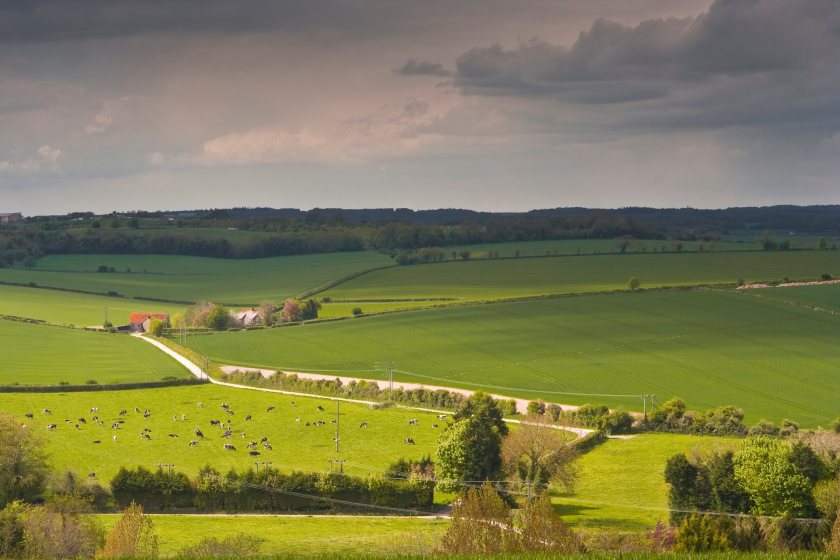
Family farms across Britain could be facing their toughest battle yet, with a rural consultancy warning that the government’s budget may deliver a devastating blow to businesses already stretched by looming inheritance tax reforms.
Agricultural and rural property advisers Galbraith said speculation is mounting that Chancellor Rachel Reeves will announce further changes to inheritance tax rules later this year, raising fears that some family-run farms may be forced into selling up.
Nick Ainscough, senior associate with Galbraith’s rural department, cautioned: “If all the commentary is correct, there will be another round of IHT changes on top of those already announced, which really would spell the death knell for some farms.
"It is simply unaffordable for the next generation to be saddled with IHT payments from the moment they take on the farm.”
Under measures already set to take effect in April 2026, only the first £1 million of qualifying property per individual or trust will benefit from 100% agricultural property relief (APR) or business property relief (BPR).
Any value above that will only receive 50% relief. In addition, any transfers made within seven years of death will count towards the £1 million cap.
Galbraith argues that these reforms will hit far more working farms than government estimates suggest, with many families already delaying investment decisions or exploring asset sales to prepare for the shift.
Commentators believe the autumn budget on 26 November could tighten the net further, with potential changes to lifetime gifting allowances and the rules on Potentially Exempt Transfers.
Currently, gifts made more than seven years before death are exempt from inheritance tax, with taper relief reducing liability between years three and seven. But proposals under discussion include capping total gifts, reducing or removing taper relief, and extending the exemption period to ten years.
Galbraith warns that such measures would strip farming families of one of the few remaining succession planning tools.
Ainscough said: “Rural businesses operate on long-term considerations and investment has to be based on a strategic evaluation of all the factors potentially affecting profitability.
"A tax raid by the government is absolutely the final nail in the coffin. We will see small farms being forced to sell up unless they have taken measures to mitigate their risk.”
The consultancy points to a sector already grappling with volatile farmgate prices, changing regulation, and pressure on consumer spending. Many farms, it says, are on a “knife-edge” even before new tax burdens take effect.
Galbraith, which manages farming, forestry and estate interests across 4.5 million acres in Scotland and the north of England, insists that government policy is being based on flawed assumptions.
“From all its public statements, the government seems to have based its assessment of the sector on flawed data. It needs to look again,” Ainscough stressed.
With only weeks until the budget, rural businesses are bracing themselves for confirmation of whether these feared changes will become reality.
